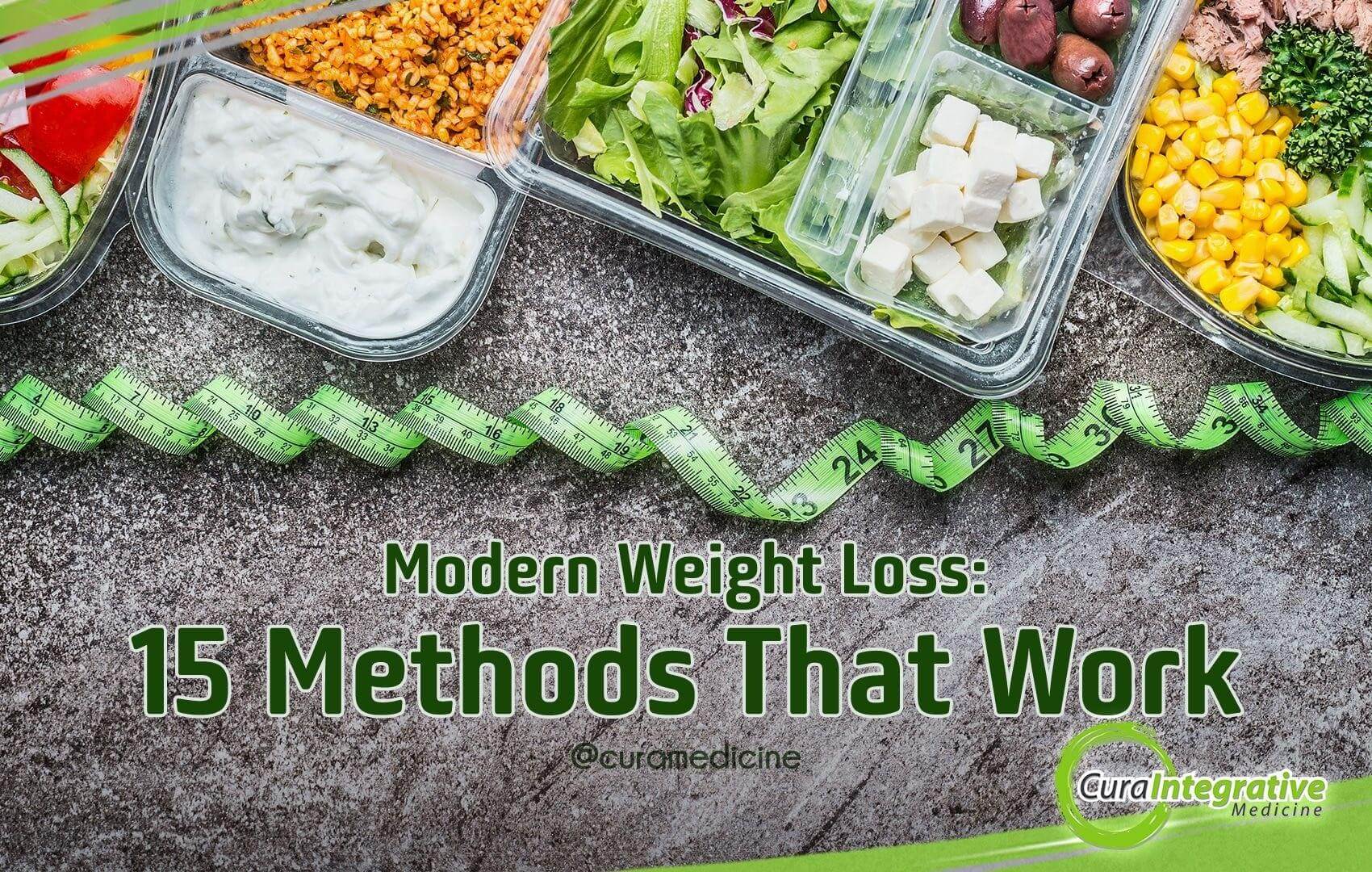Koji is a less known superfood found in a variety of macrobiotic foods. Containing Aspergillus oryzae, koji is used to make foods such as miso, amazaki and tamari. Read More…

Modern Weight Loss: 15 Methods That Work
Posted 29 Jan '19
Looking around on the internet, a lot of myths have popped up regarding weight loss. People often end up doing insane things that mostly don’t have evidence supporting the claim.
Stop wasting time and check out these 15 scientifically proven strategies, and not myths, in order to lose weight:
- Intermittent fasting. This is an eating pattern wherein you cycle between periods of fasting and eating, and is as effective as calorie restriction.
- Lay off on added sugar. Modern diet consists of way too much sugar. Sugar and high-fructose corn syrup are strongly linked with obesity, type 2 diabetes, heart disease, to name a few health conditions. Be sure to read labels research on the different ingredients on them as well. Sometimes, even health foods on store shelves can be loaded with sugar.
- Lay off on refined carbs. Refined carbohydrates are sugar and grains that have been milled, stripped off of fibre, minerals, and vitamins. Refined carbs can pump up blood sugar quickly, causing pangs of hunger and cravings, and consequently, increased food intake. It is strongly linked to obesity, just like added sugar is. Make sure that the carbs that you are eating still has their natural fibre.
- Opt for low-carb diets. A low-carb diet regimen can help you lose 2 to 3 times as much weight as a low-fat diet.
- Reduce your portions. Whether you are eating less, or counting calories, controlling your portions are obviously beneficial. It is best to keep a food diary to increase your awareness of what you eat. Using smaller plates can help control portions.
- Take probiotics. Probiotics help with the balance of gut flora, reducing bloating, gas, and other stomach problems that may cause you to crave for certain types of food, or cause you to feel hungry. Some lactobacillus strains have been found to help reduce fat mass. But careful which strains you take. Some are linked to weight gain, so it is best to consult with a practitioner first.
- Eat spicy foods. Capsaicin — a compound found in chilli peppers can boost metabolism and lower the appetite a bit.
- Do aerobic exercise. Cardio workouts are excellent ways to burn calories, while improving both physical and mental health.
- Increase fibre intake. Aside from being beneficial to the digestive functions, fibre helps make you feel fuller, and increases satiety.
- Increase the amounts of fruits and vegetables in meals. They are low in calories, and rich in fibre, vitamins and minerals that all work together to keep the whole body functioning well, helping lose any excess fat and keeping it that way.
- Chew slowly. This can help you eat less calories, helping your brain catch up as it tends to be slow in reacting when the stomach has had enough to eat.
- Get good quality sleep. It is as important as healthy eating and exercising regularly. Poor sleep leads to stress, which leads to stress-eating, which leads to weight gain.
- Increase protein intake. A high-protein diet boosts metabolism by 80 to 100 calories per day, burning more than 400 calories. One rule to follow — the less legs an animal has, the healthier and more beneficial they are to one’s health.
- Eat whole foods and nutrient dense foods. They are naturally filling and nutritious. No additives, no preservatives.
- Never”diet”. Eat healthy. Instead of focusing on keeping a particular type of diet, aim on becoming healthier and fitter. Instead of depriving the body, nourish it.
Are you having trouble losing or maintaining weight? Our integrative health practitioners at Cura Medicine may have just what you need to help you achieve your goals and attain optimal health naturally.





